Expensive home renovation mistakes to avoid, according to experts
Thorough research, careful planning, and collaboration with experienced professionals are key to avoiding expensive mistakes during home renovations
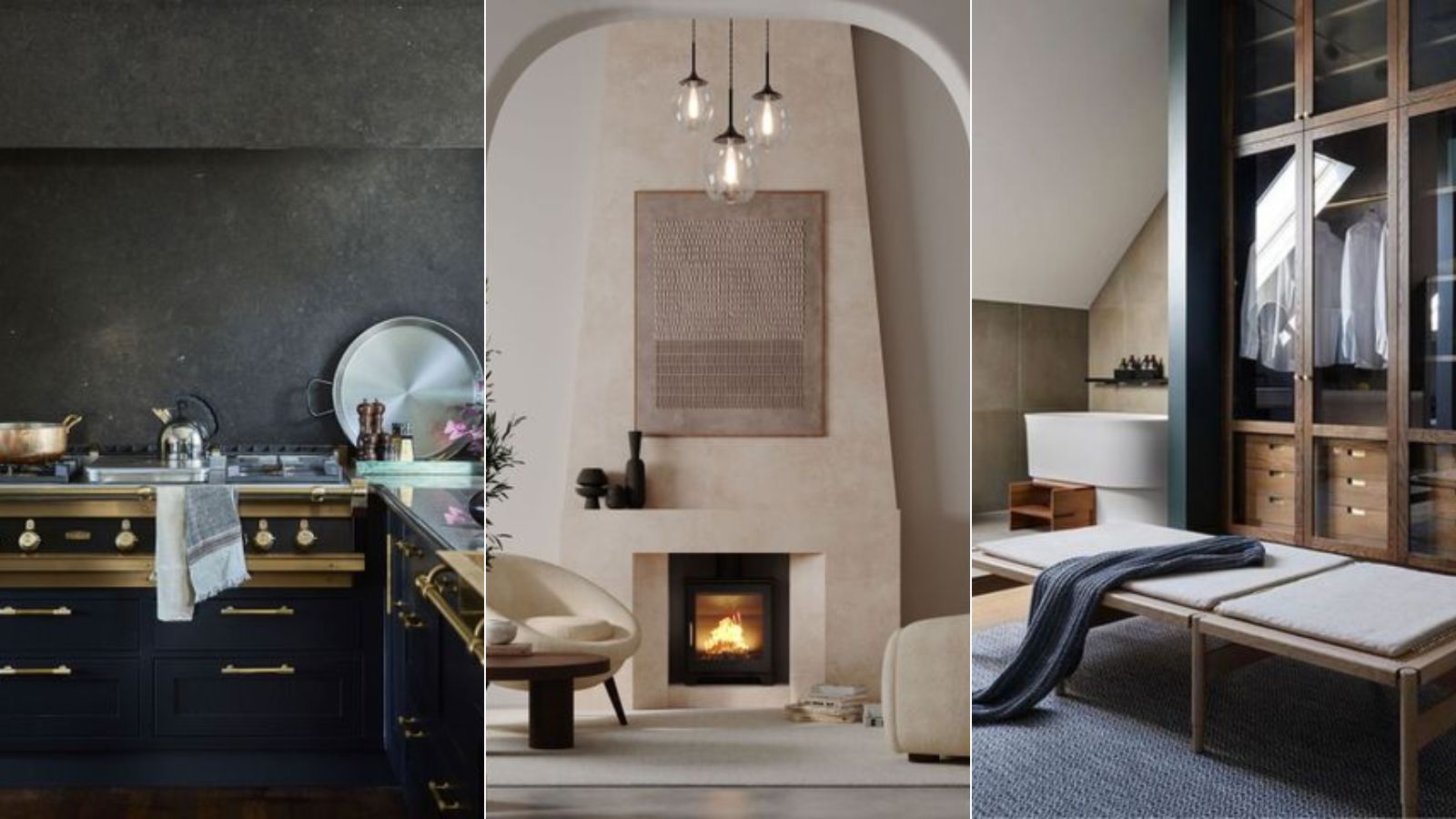

Amid the thrill of home renovations, it's easy to make costly errors or neglect some essential steps that can undermine the aim of your project, ultimately decreasing the value of your home and necessitating further fixes in the future.
Understanding the common pitfalls can ensure you are able to strategically plan a successful and stress-free home renovation by steering clear of setbacks.
Our experts have explained mistakes to avoid and how to rectify these before you embark on this project for a reno that enhances the value and functionality of your home without breaking the bank.
Expensive home renovation mistakes to avoid
Avoiding these errors is one of the best ways to save money on home renovations.
Here are the five main mistakes that can be costly if not avoided:
1. Not planning and budgeting properly
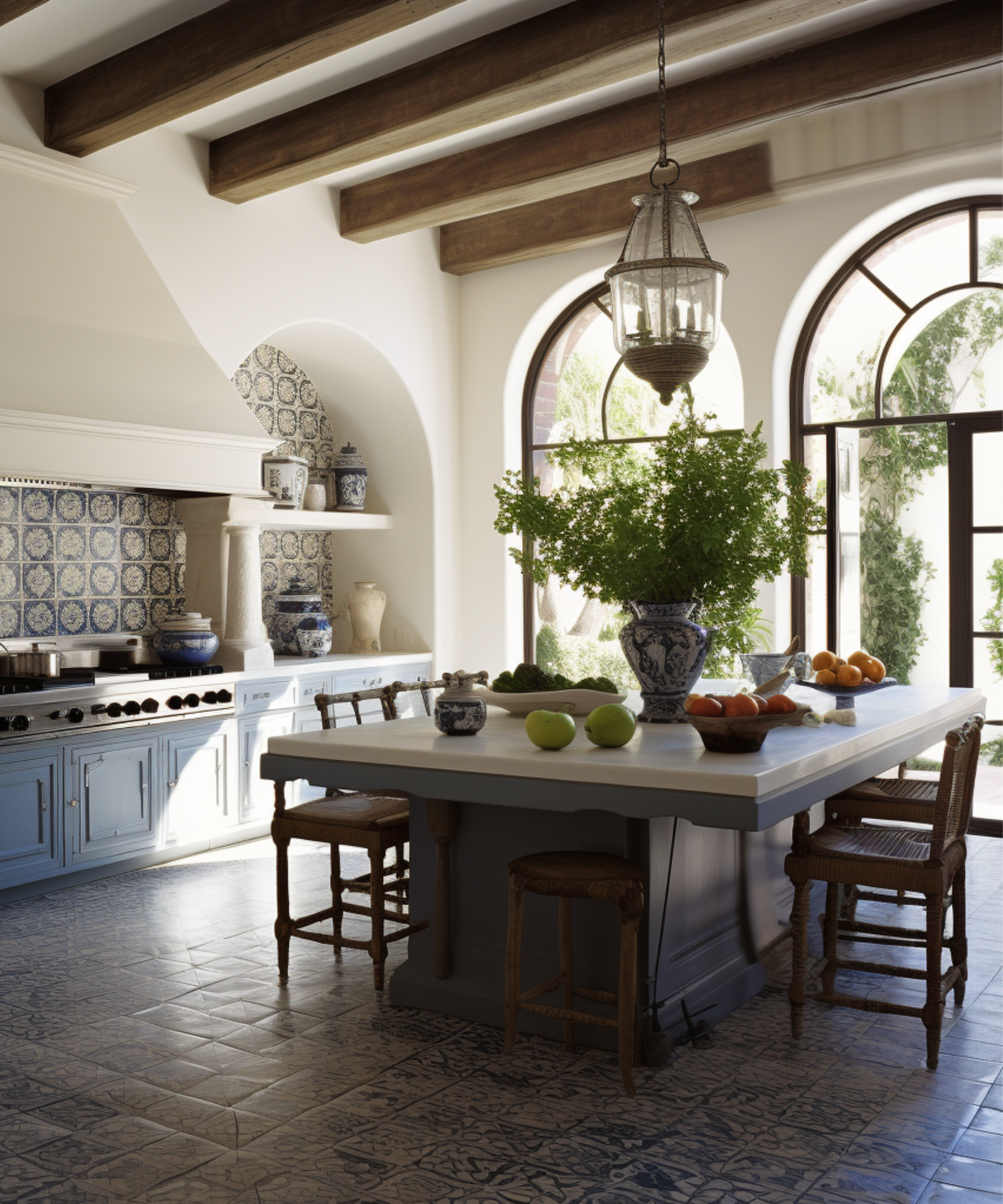
One of the biggest and possibly costliest mistakes homeowners make is jumping straight into a renovation project without planning.
'Take the time to envision your desired outcome, set a realistic budget, and create a detailed plan before taking any actions,' advises Mehdi Khachani, real estate expert and CEO of JMK Property Management. 'This will prevent last-minute changes, additional expenses, and delays caused by a lack of foresight.'
Professional design consultation can be invaluable at this stage. It's important to establish the aims of your project, whether it is to increase your home's market value, enhance its functionality, or create a space to cater to your needs and preferences. This will guide your practical and design choices.
Always consider how to maximize functionality, aesthetics, and long-term value to ensure a successful renovation.
Homeowner's Renovation Tips & Log Book: From Planning to Completion | $15.99 from Amazon
Being fully informed about the best way to approach a renovation step-by-step is key to a successful renovation.
Underestimating hidden budget requirements
Renovations rarely go exactly as planned, and they often come with unexpected expenses that can quickly escalate your budget. So, without a well-planned budget, including a contingency fund, unforeseen expenses can lead to financial strain and a project that is left incomplete.
'Factors such as demolition, disposal fees, structural changes, unexpected repairs, utility upgrades, or complying with building codes and permits can all contribute to hidden costs,' explains Jonathan Faccone, interior designer and the Founder of Halo
Homebuyers.
'Add a contingency budget of at least 10% to 20% to account for unforeseen expenses when budgeting for your renovation project to avoid financial surprises down the line. This way, you can set a more realistic budget and prepare for unexpected expenses.'
Overcapitalizing on renovations
Spending excessively on renovations and exceeding the neighborhood's market value can be costly when selling your property, as it may not yield a favorable return on investment.
Research comparable properties and avoid overinvesting in upgrades that may not significantly increase resale value.
Neglecting to plan essential structural updates
It's easy to spend your renovation budget on cosmetic features while ignoring crucial structural repairs and updates. However, neglecting plumbing, electricity, roofing, waterproofing, and other critical but unglamorous projects will lead to issues later on.
Fixing structural components later can be disruptive and expensive and may mean you to take out aesthetic features, such as bathroom flooring or kitchen appliances, to rework plumbing and eclectic that should have been done at the beginning of the project.
Don't make the mistake of skipping inspections that can unearth hidden electrical issues, plumbing leaks, or structural damage later. Address these issues before the cosmetic aspects of your renovation.
2. Sacrificing functionality for aesthetics
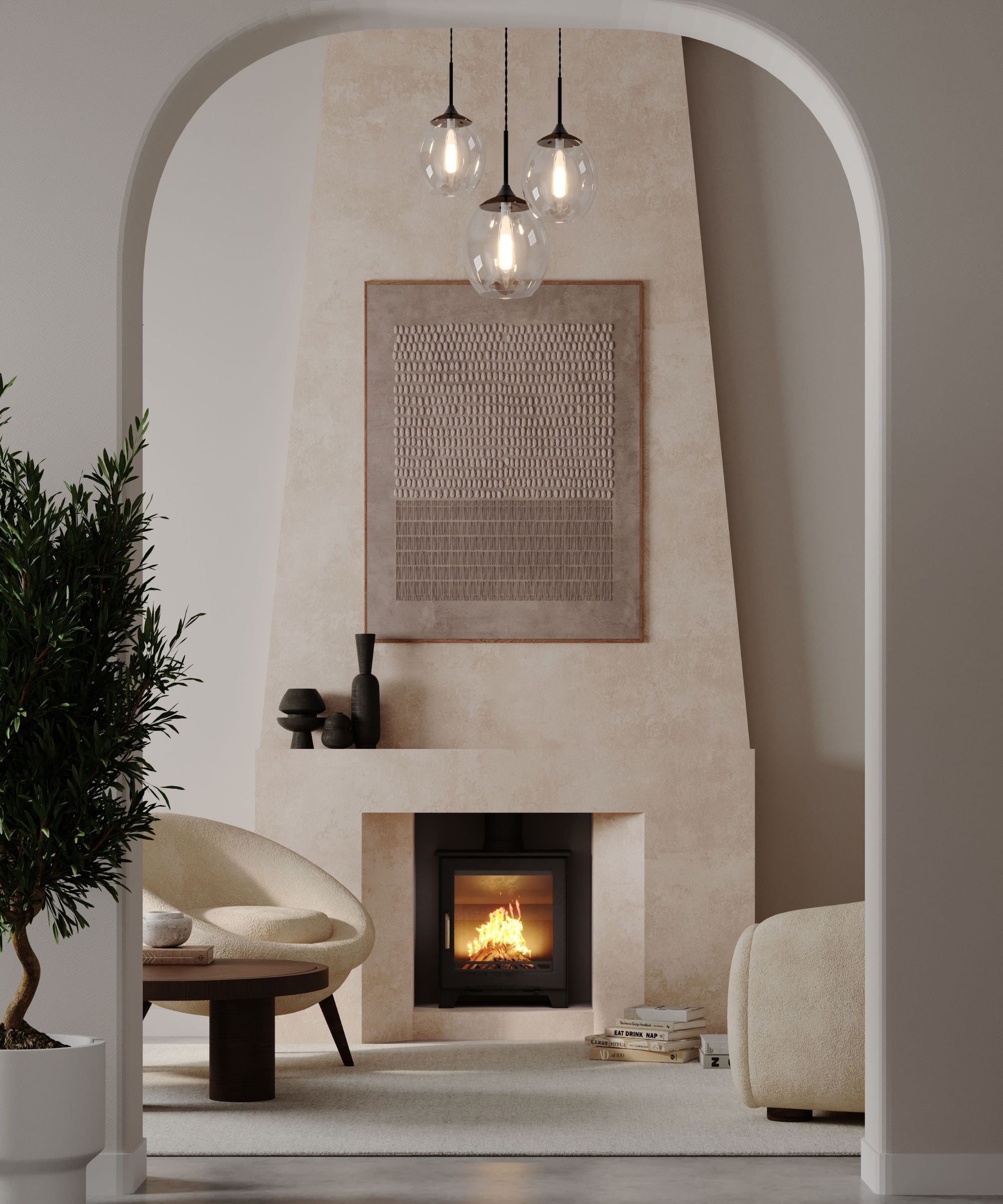
'While aesthetics are important, don't overlook functionality. Investing solely in high-end finishes and features may not improve usability or resale value,' explains Mehdi Khachani. 'Instead, focus on renovation projects that will add value to your home and enhance comfort, efficiency, and durability.'

Mehdi Khachani, a real estate expert and CEO of JMK Property Management in Florid. Dedicated to excellence, Mehdi delivers innovative solutions tailored to clients' needs, ensuring top-tier quality in services.
Overspending on trendy elements
While incorporating trendy elements can be exciting, remember that home remodel trends come and go, and splurging heavily on fashionable items or designs might leave you with a dated look in just a few years. This may require further renovation of your property to increase its resale value.
Instead, focus on timeless and classic designs for major elements like flooring, cabinetry, fixtures, and appliances while using accessories and decor to incorporate current trends. This cost-effective method will allow for flexibility when it's time to update your home.
Overlooking functional layouts
Poorly planned layouts and inefficient use of space may result in wasted square footage, limited storage, and reduced functionality. Take the time to consider how you will use each area and prioritize practicality and accessibility alongside aesthetics to avoid layout mistakes. This ensures that your renovation investment adds value to your daily life and avoids the need for expensive redesigns in the future.
Ignoring resale value
'It's also important to focus on the most useful updates that will pay off when selling, like bathroom and kitchen remodels,' says Joy Aumann, a licensed realtor and Co-Founder of La Jolla Life. 'Opt for durable, quality materials that last, even if they cost more upfront since this will increase your home's curb appeal.'
Additionally, consider future-proofing your home with universal designs in mind, from accessible layouts to upgrading appliances. This will make your home attractive to more homeowners when selling.
3. Inadequate research of contractors and permits

It's essential to do your research to find the right people for the job and ensure you haven't missed any permit requirements, both of which can lead to poorer quality renovations, added stress, and added costs. Learn what questions to ask contractors and architects to find the perfect person or business for your project.
Cutting corners on materials and craftsmanship
Opting for cheaper materials, using contractors who are unvetted because they are cheaper, or doing projects you should never DIY rather than hiring professionals may seem like a budget-friendly approach initially. However, inadequate materials or subpar workmanship can result in frequent repairs, replacements, and overall dissatisfaction in the long run. This will not only incur additional costs but also reduce the appeal and value of your home.
We recommend doing extensive research. Choose quality materials (sometimes this may even be reclaimed materials) and hire reputable contractors who can deliver the desired results within your budget.
Neglecting permit requirements
'Obtaining the necessary permits is essential to avoid fines, delays, safety hazards, legal complications, or even having to undo completed work,' says Mehdi Khachani. 'Research local building codes and permit requirements before starting any work, and ensure that all approvals are obtained to prevent future issues.'
4. Overlooking energy efficiency
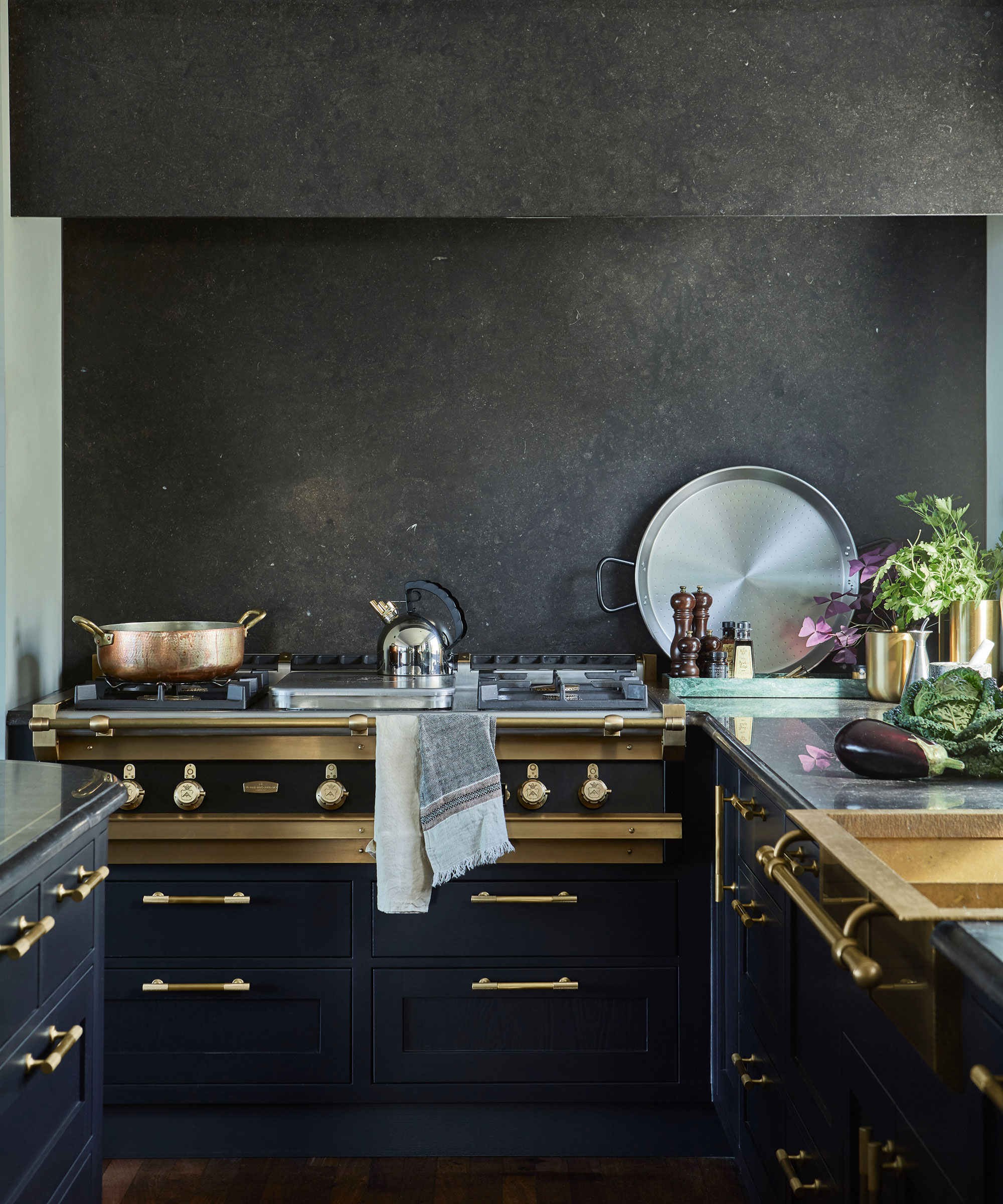
'Neglecting energy-efficient upgrades such as insulation, windows, or HVAC systems results in higher utility bills and decreased home value,' explains Jonathan Faccone.'I suggest investing in energy-efficient solutions such as smart lighting, programmable thermostats, and energy-efficient appliances to save money in the long run and increase your home's resale value.'
Google Nest Thermostat
Was $129.99, now $113.99 at Amazon
This programmable thermostat comes in four colors and can be used with an Alexa for voice control. Use it to adjust your heating, set timers, or only heat certain areas of your home to cut energy bills.
5. Measuring Incorrectly
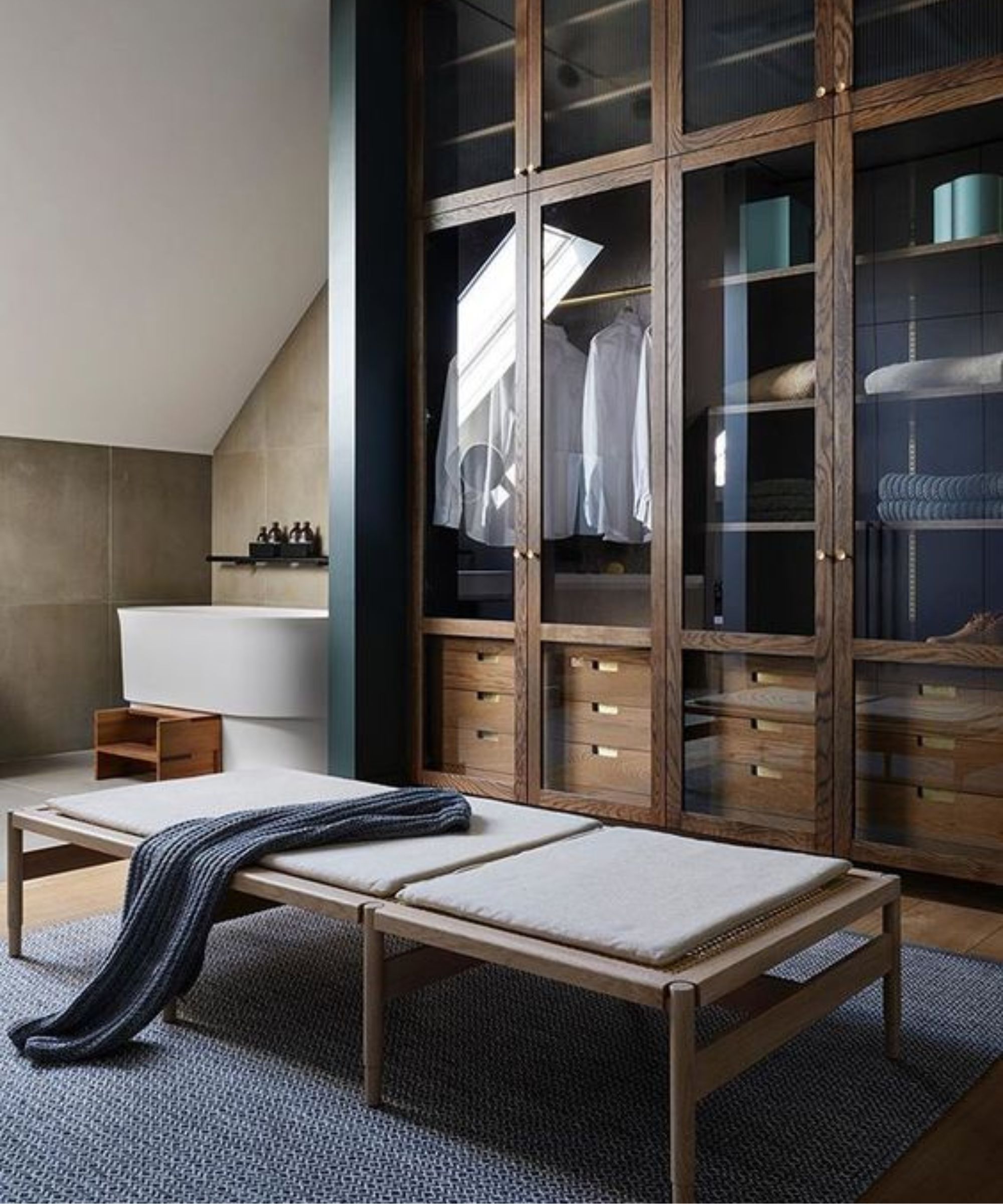
When making custom-built products, even the tiniest measurement error can cause a cascade of issues, including ordering products with the wrong dimensions or requiring certain things to be remade.
Ensure you and/or your contractors measure everything more than once and record the measurements thoroughly. Wait to purchase appliances or supplies until you have completed all the necessary measurements and created a plan for your project.
Thorough research, careful planning, and collaborating closely with experienced professionals are key to avoiding expensive mistakes during home renovations. By taking the time to make informed decisions, you can ensure that your investment adds value and enhances your living space for years to come.
Sign up to the Homes & Gardens newsletter
Design expertise in your inbox – from inspiring decorating ideas and beautiful celebrity homes to practical gardening advice and shopping round-ups.

Lola Houlton is a news writer for Homes & Gardens. She has been writing content for Future PLC for the past six years, in particular Homes & Gardens, Real Homes and GardeningEtc. She writes on a broad range of subjects, including practical household advice, recipe articles, and product reviews, working closely with experts in their fields to cover everything from heating to home organization through to house plants. Lola is a graduate, who completed her degree in Psychology at the University of Sussex. She has also spent some time working at the BBC.
-
 I’m an HVAC technician, and this is when I turn my AC on each year – plus 5 checks I always do beforehand
I’m an HVAC technician, and this is when I turn my AC on each year – plus 5 checks I always do beforehandSave yourself an AC hassle by running my checks and turning it on before big heat hits
By Josh Mitchell Published
-
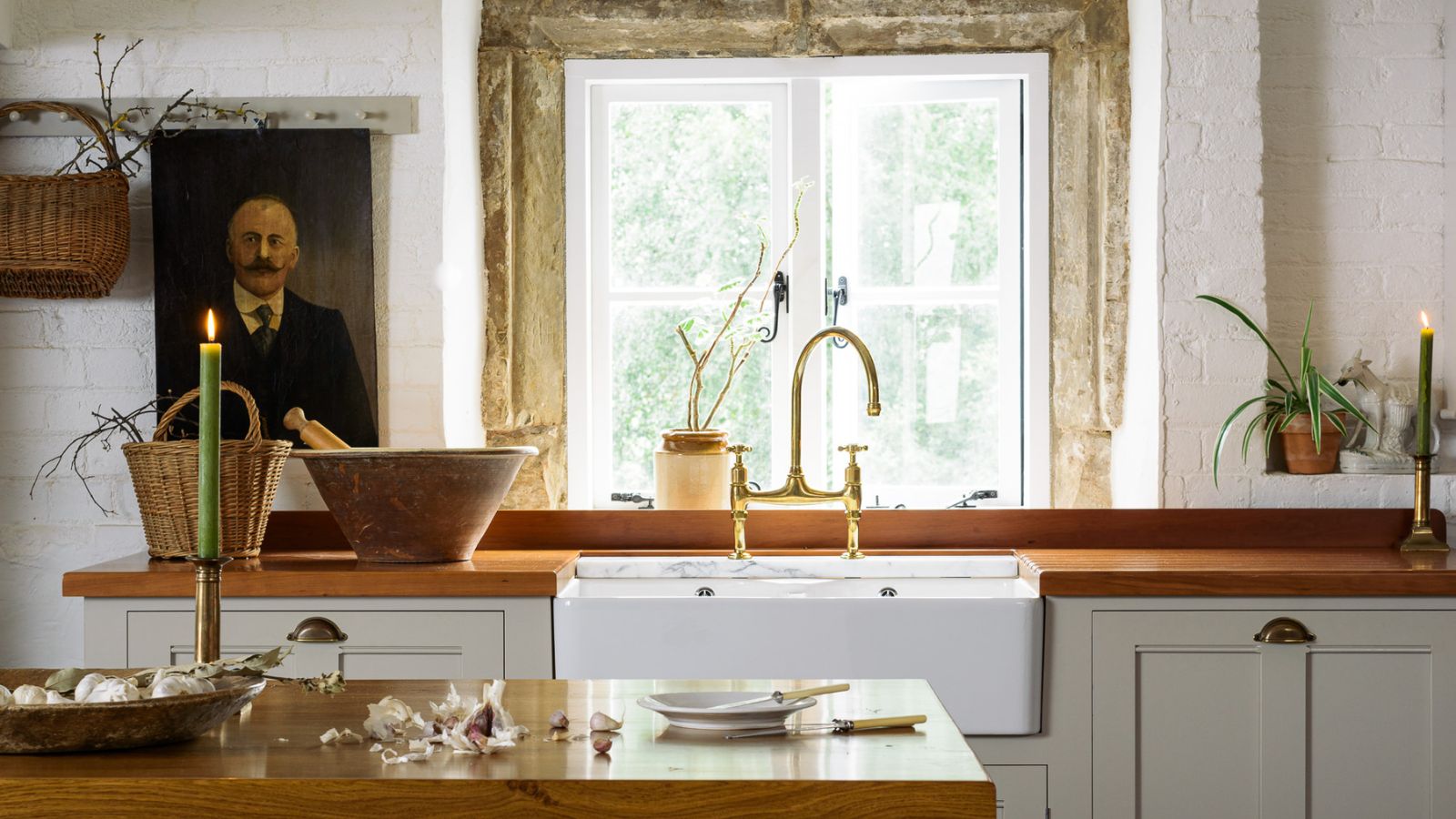 This simple marble hack elevates my budget-friendly wooden kitchen countertops and prevents the dreaded water damage for way less than you’d think
This simple marble hack elevates my budget-friendly wooden kitchen countertops and prevents the dreaded water damage for way less than you’d thinkThis design trick looks expensive, solves a problem, and was the easiest decision I made during my kitchen reno
By Charlotte Olby Published

